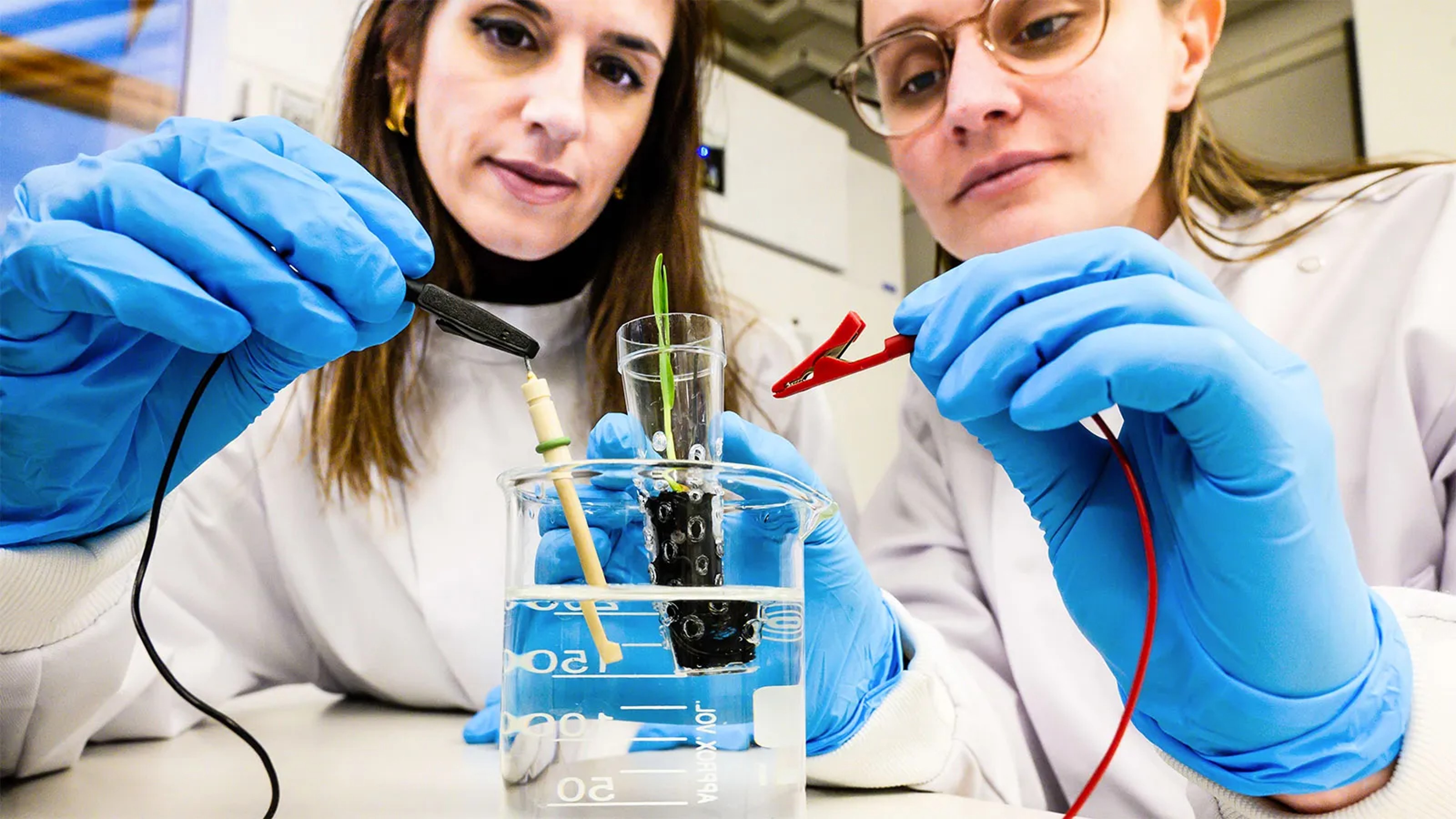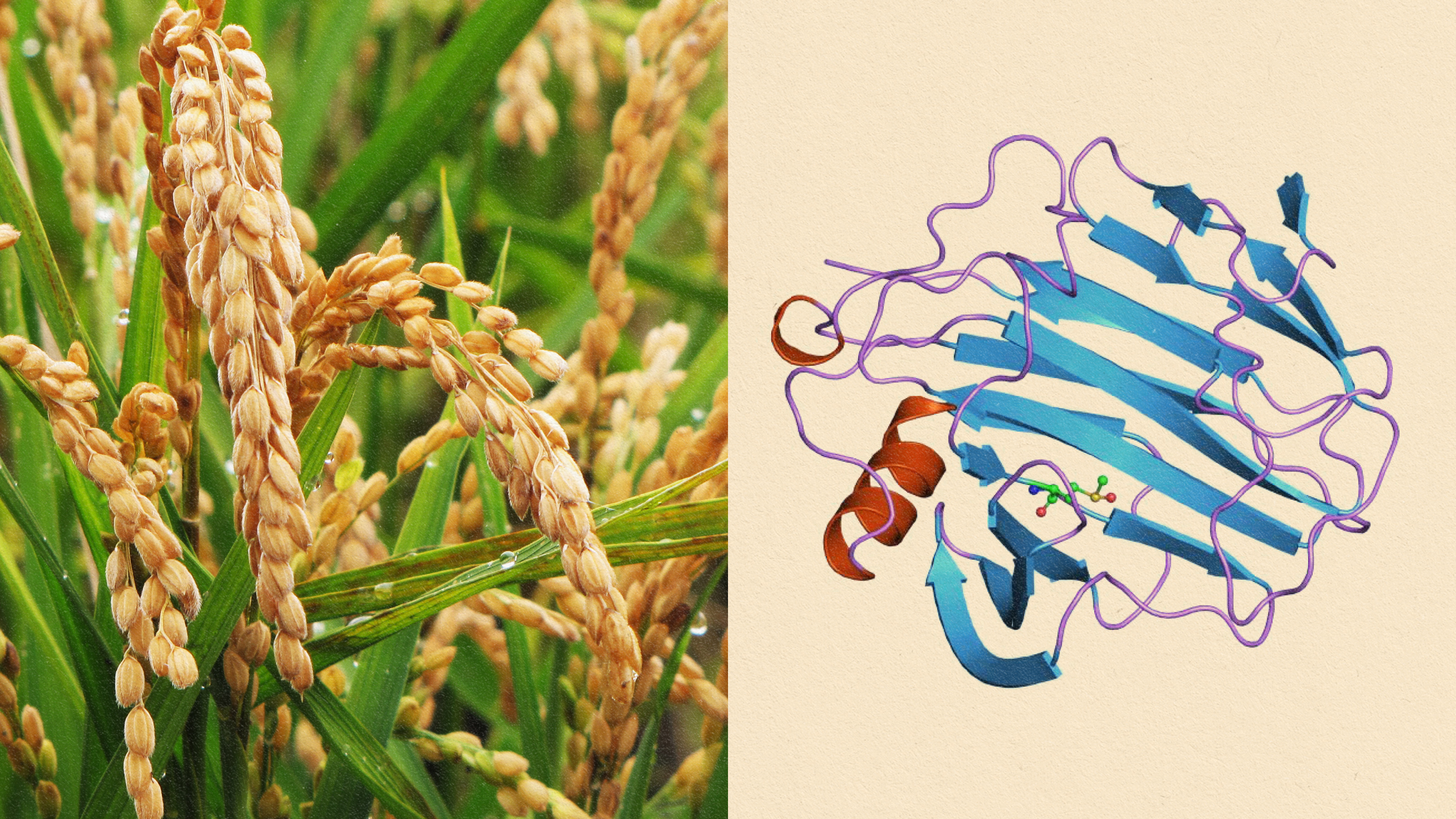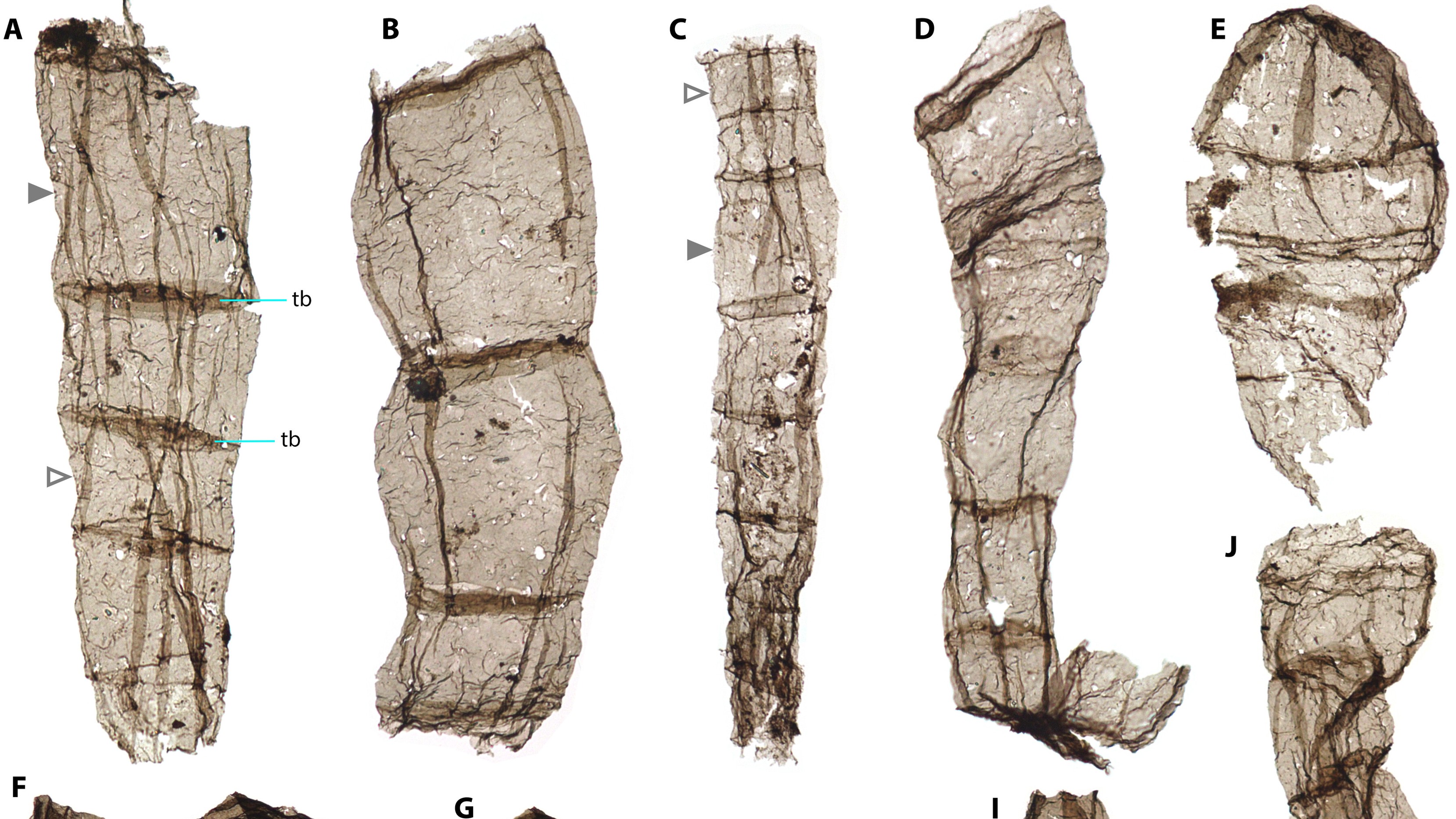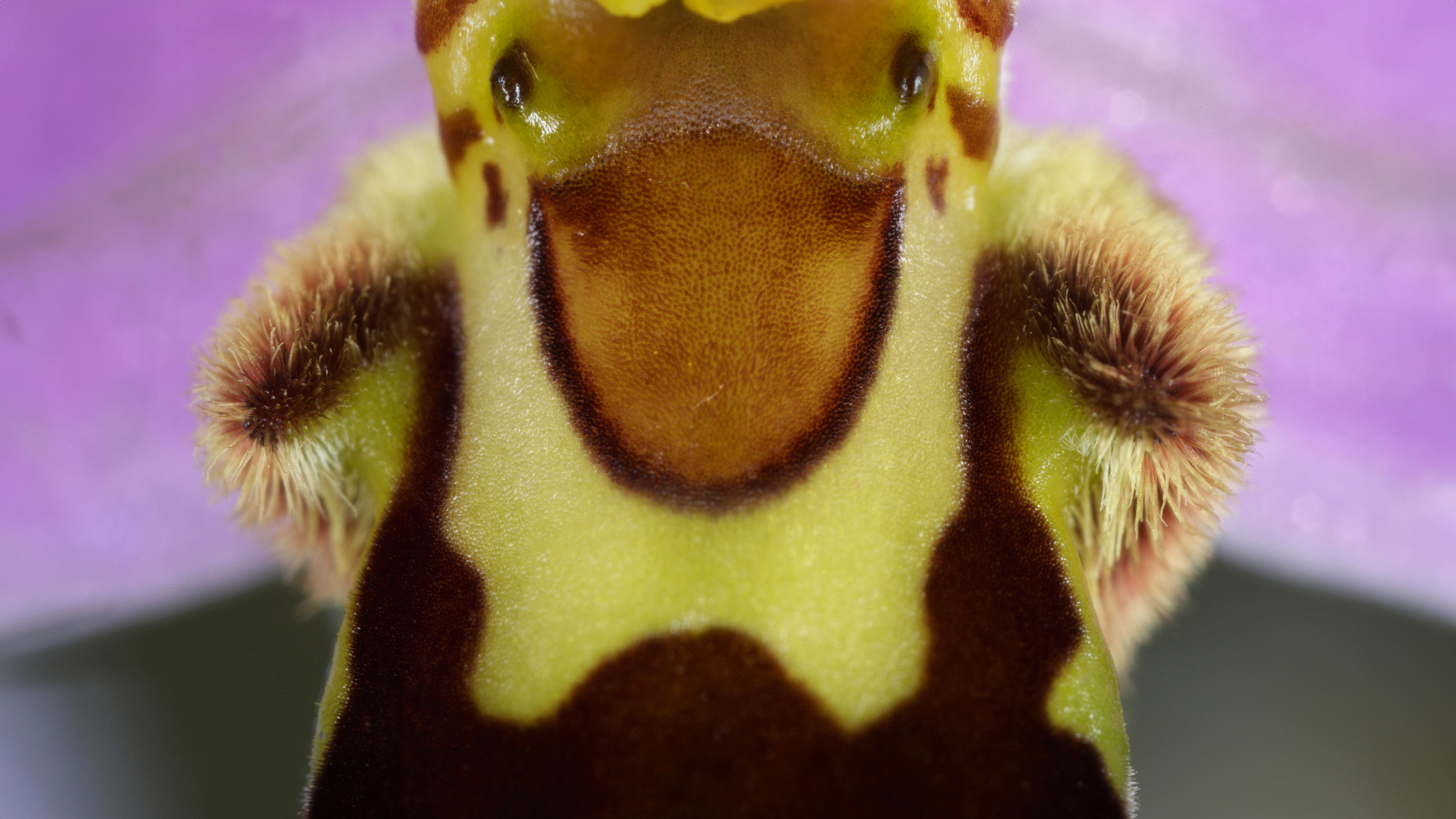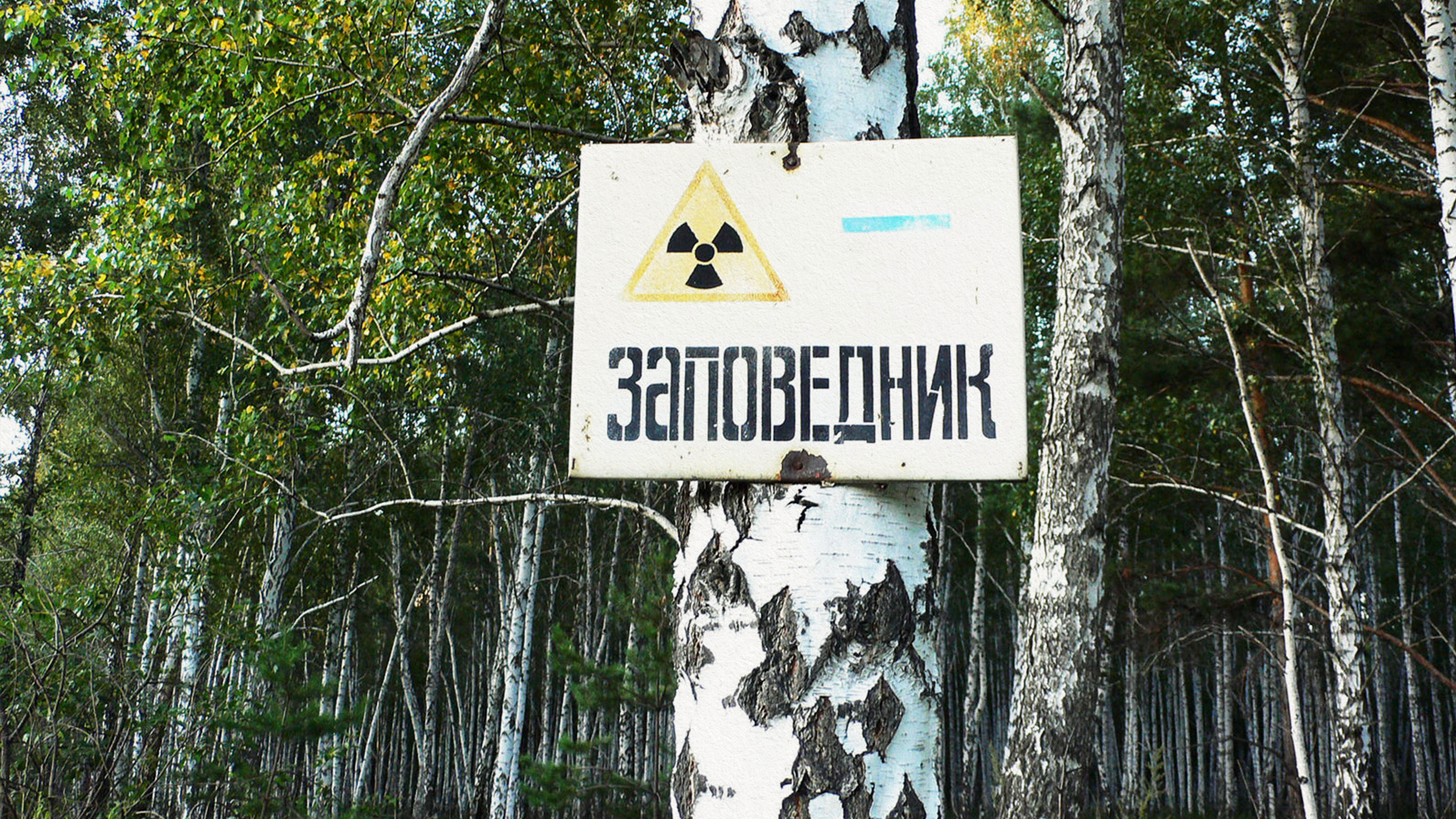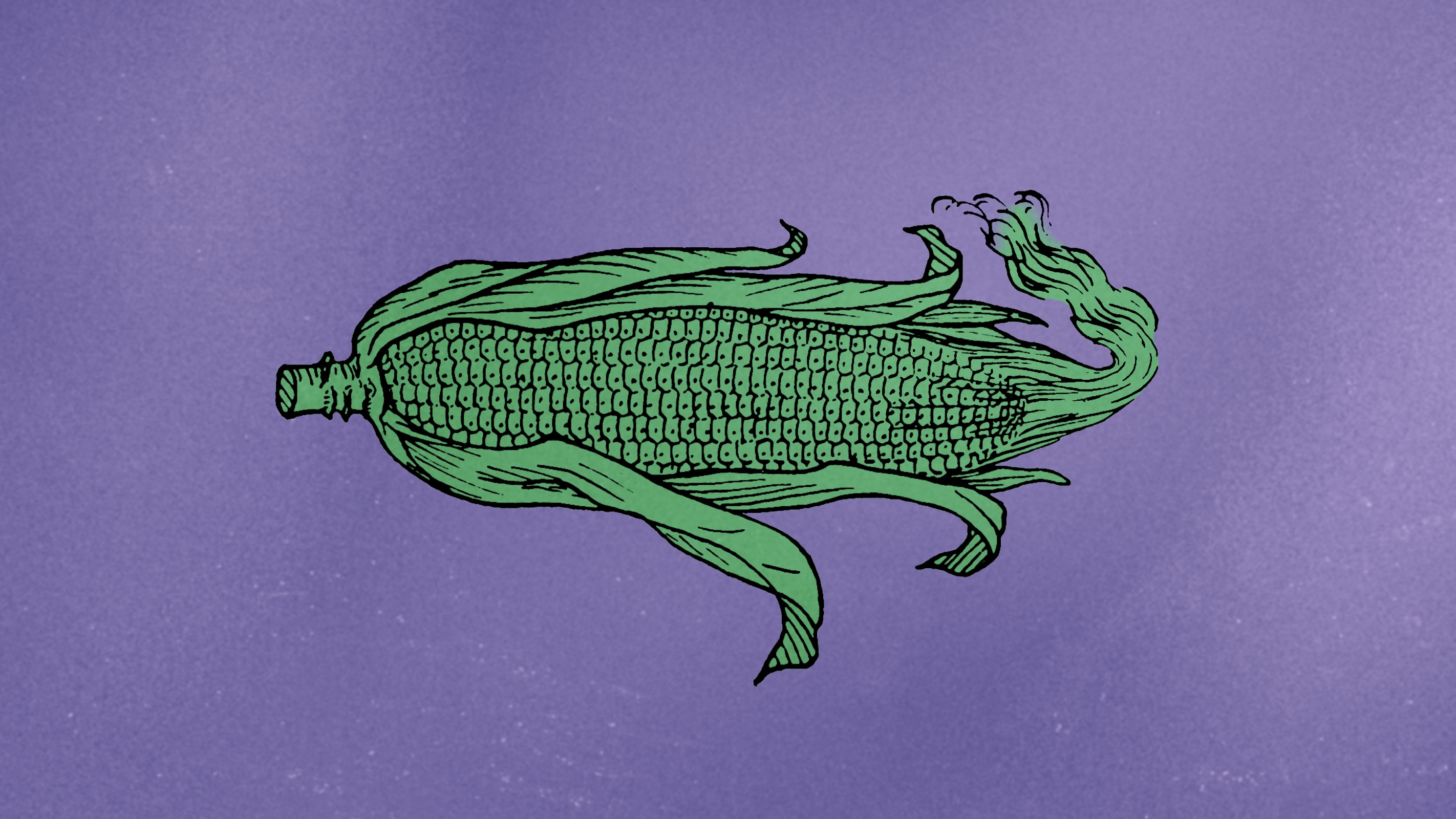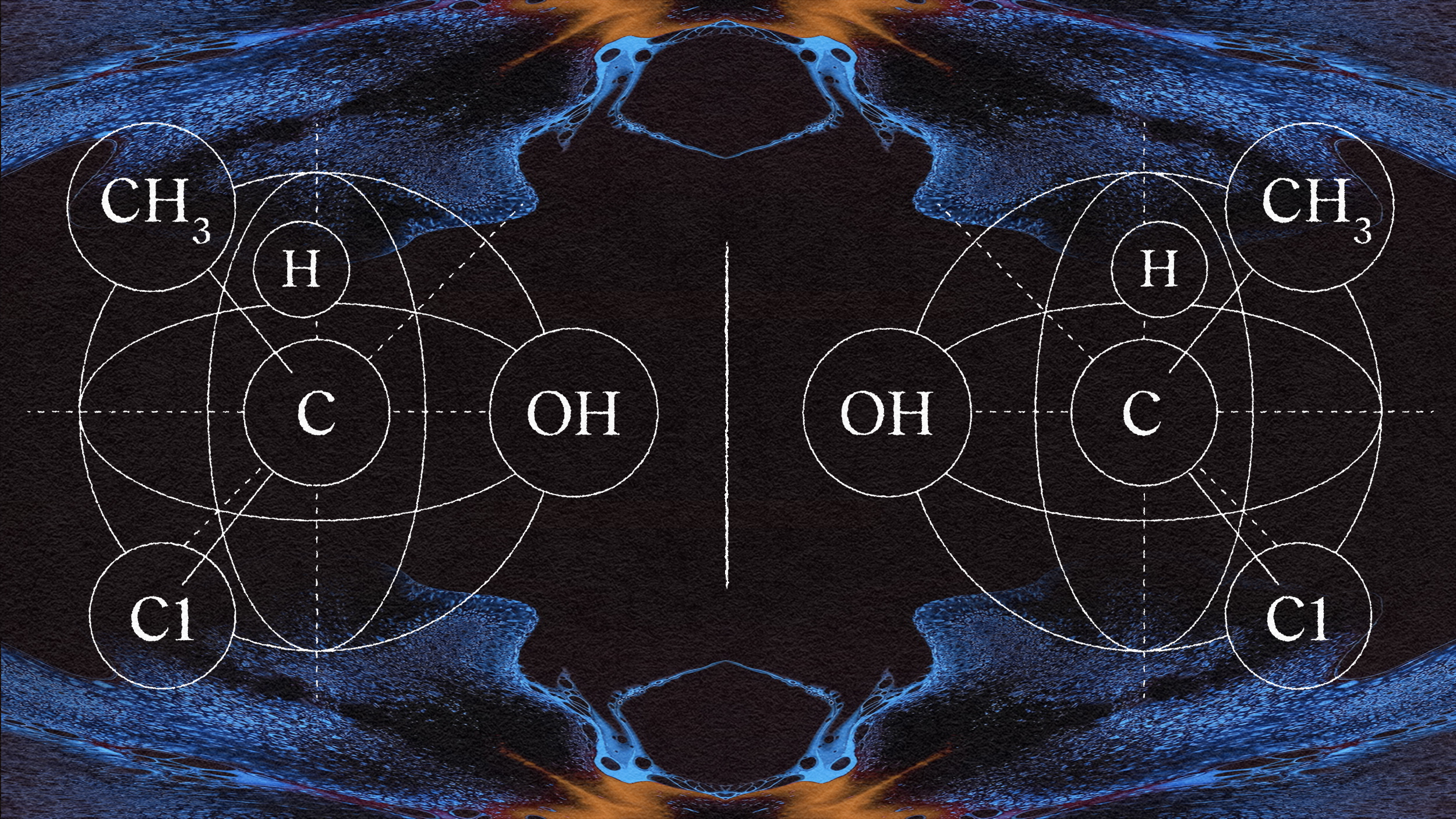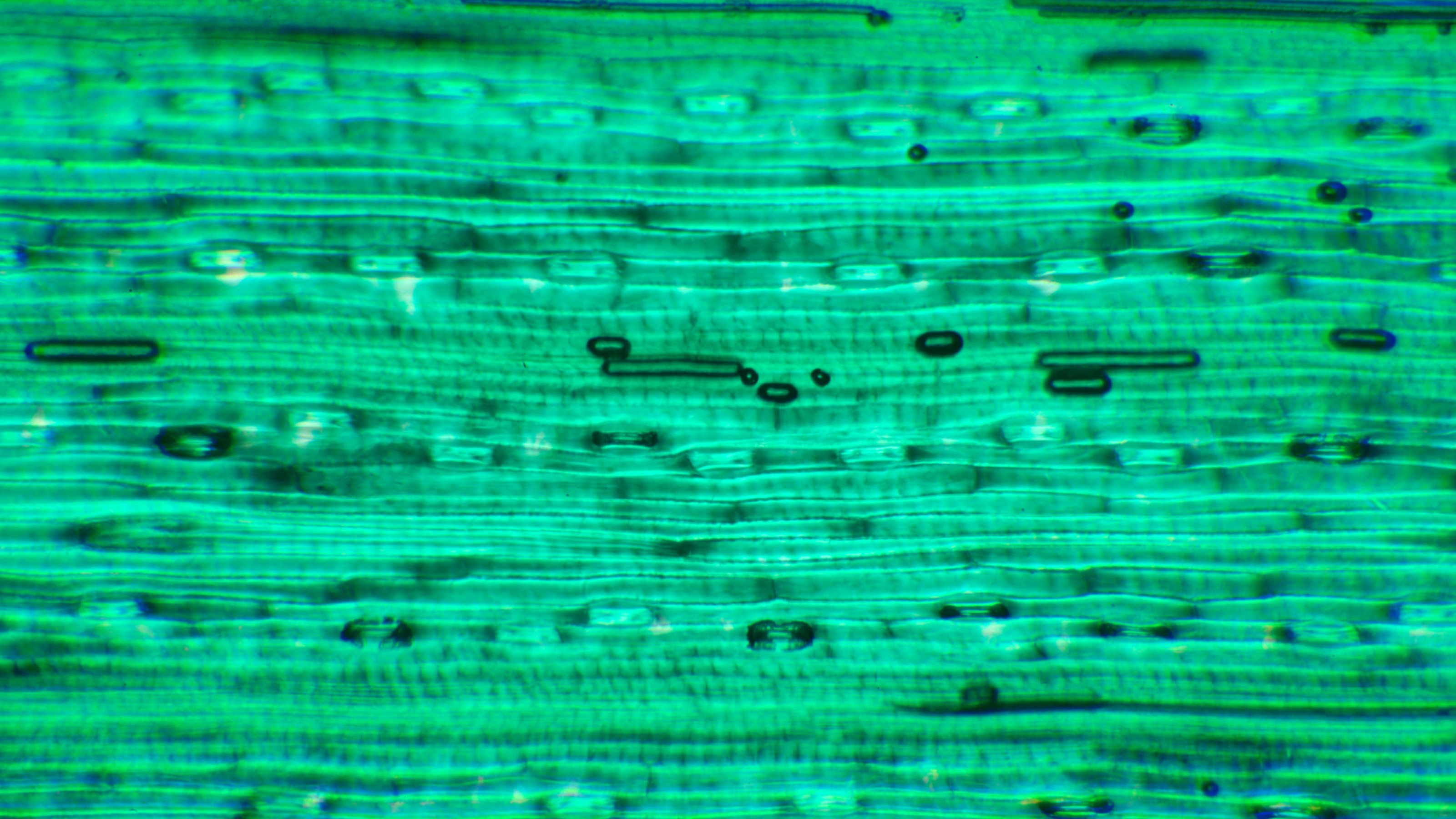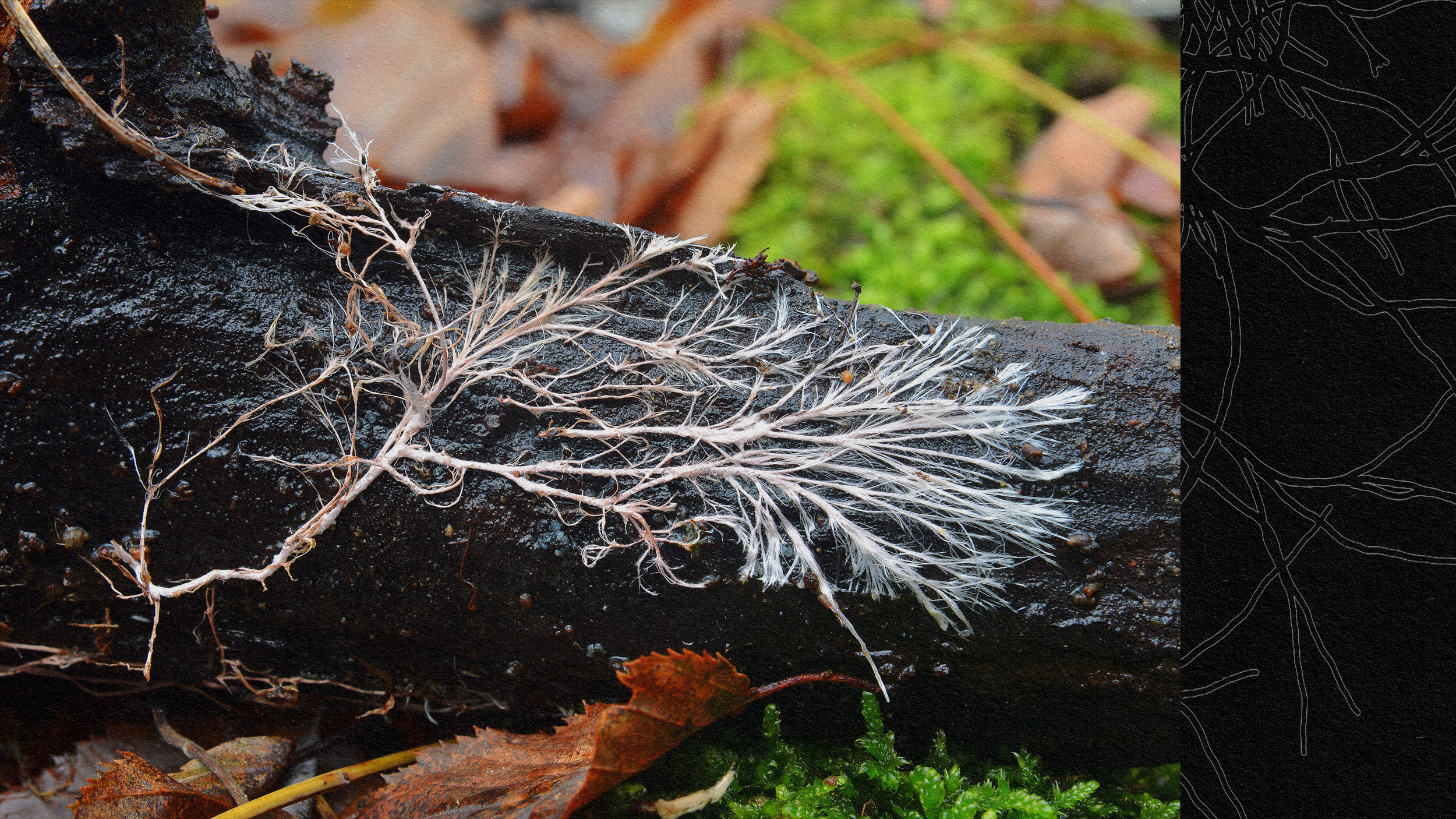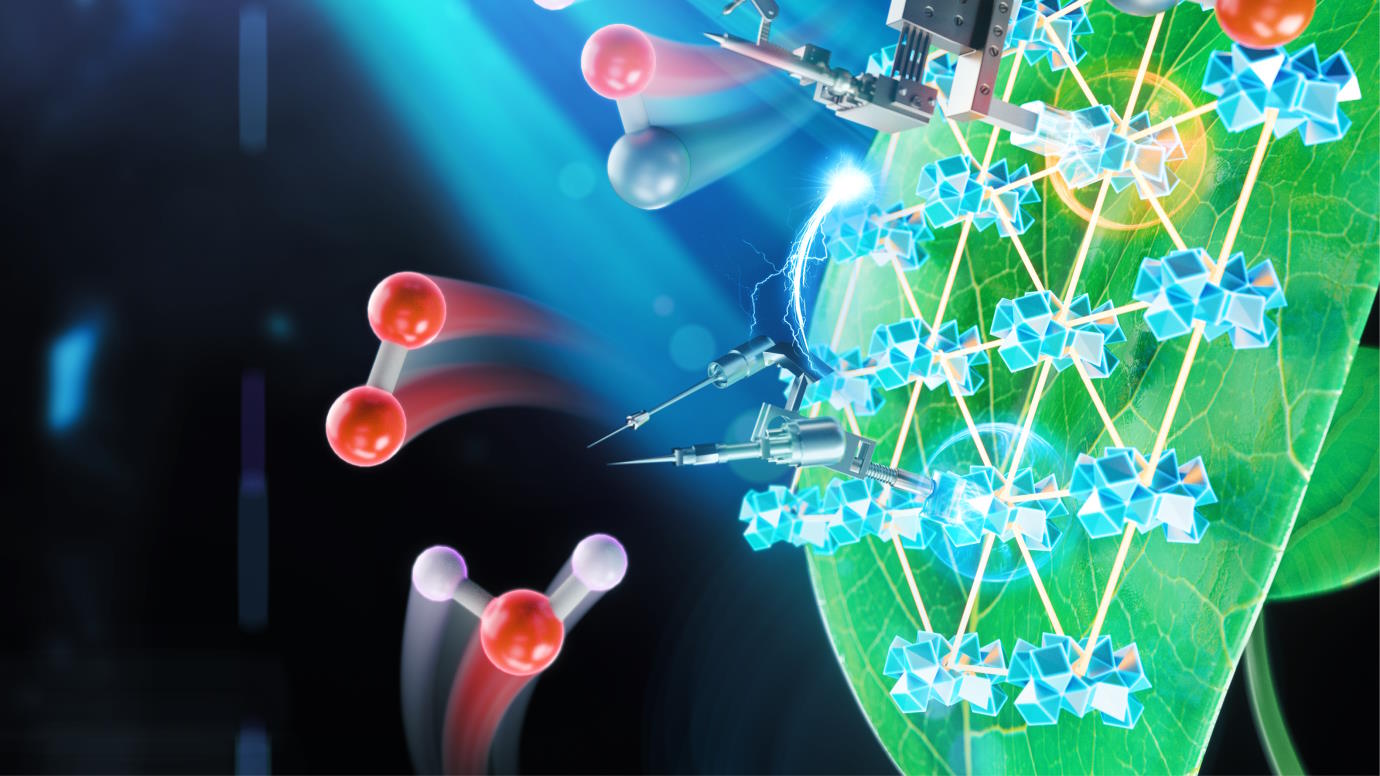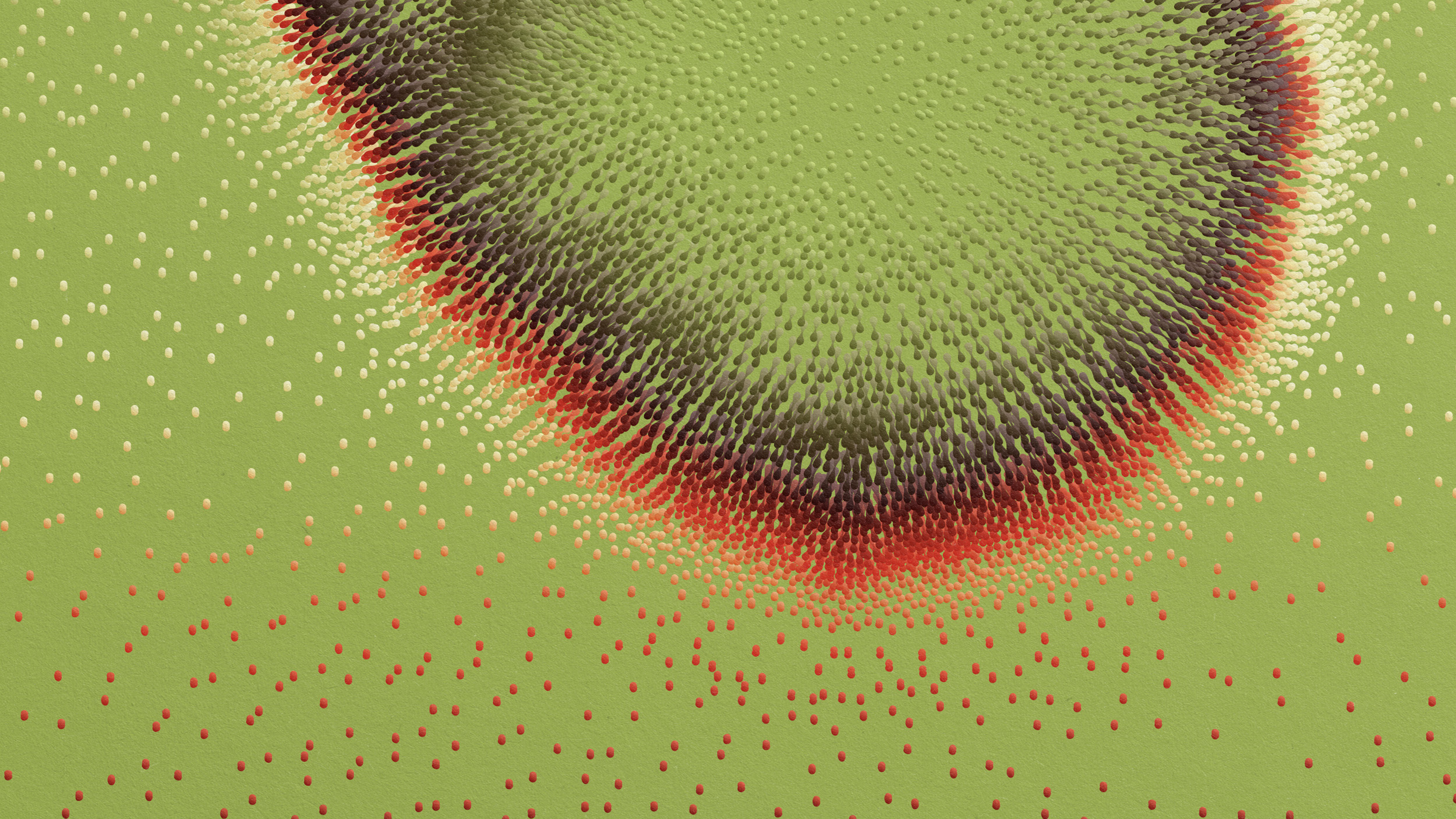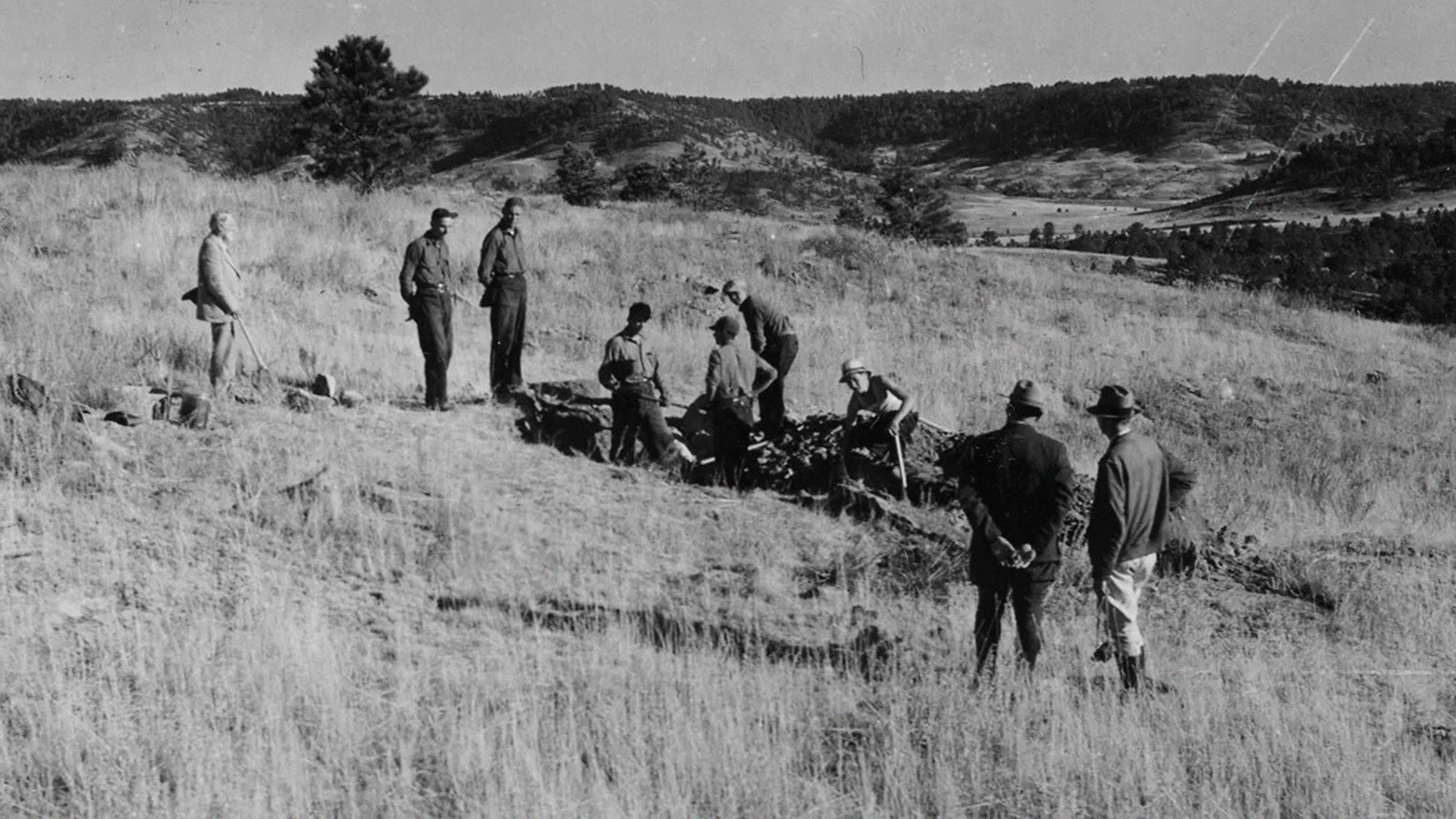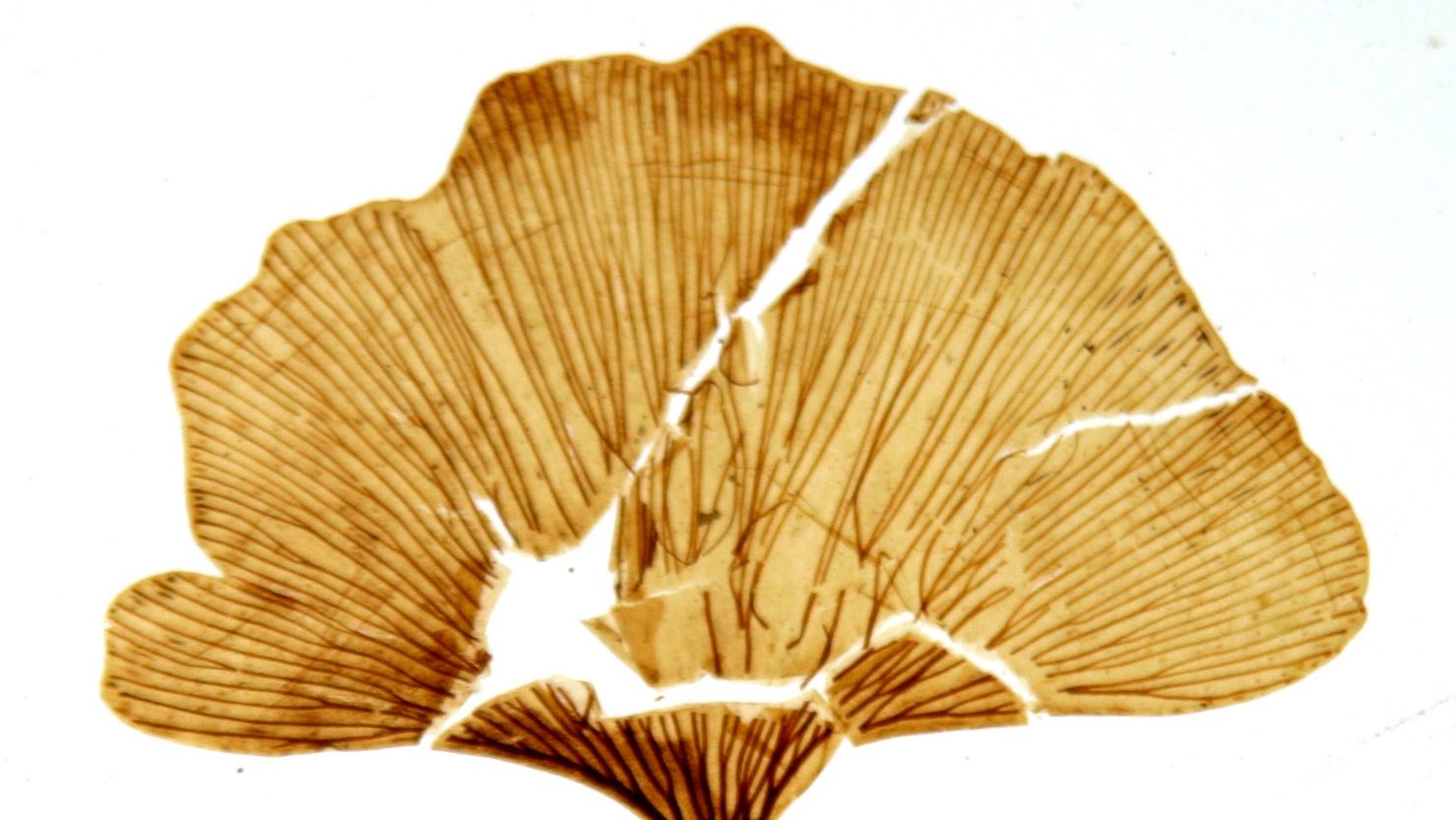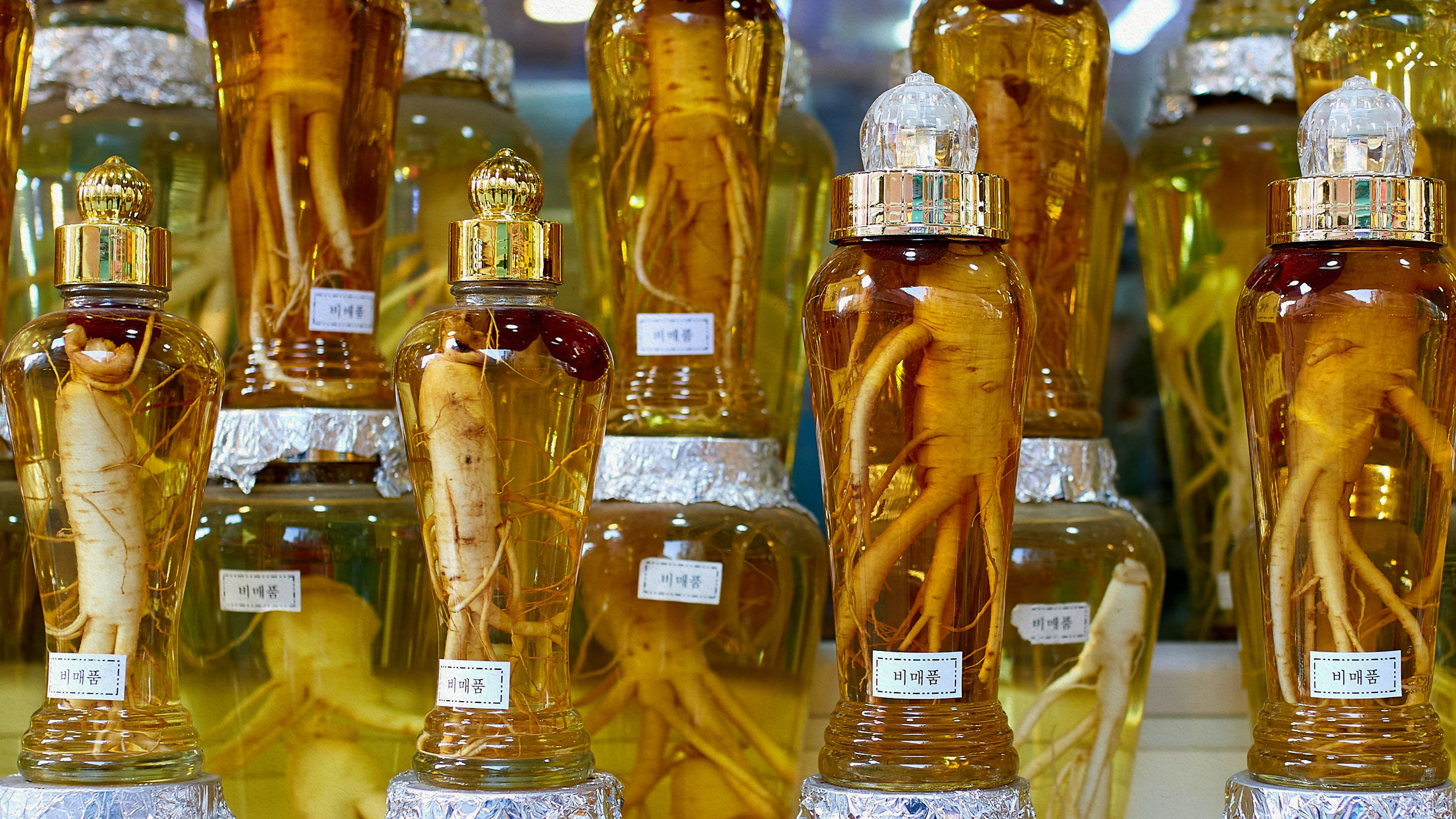The moths in your garden might hear your tomato plant’s pain.
Search Results
You searched for: Plants
The new electrically conductive substrate could be the future of hydroponic farming.
Carnivorous plants fascinate as much now as when their gruesome diet was first discovered.
The technology could yield “made-to-order resistance genes” to protect crops against pathogens and pests.
Hunger rates are rising. These technologies could turn the tide.
Antioxidant vitamins don’t stress us like plants do—and don’t have their beneficial effect.
As the world warms, trees in forests such as those in Minnesota will no longer be adapted to their local climates. That’s where assisted migration comes in.
The discovery suggests that the “Boring Billion” period of evolution on Earth wasn’t so boring after all.
Capsaicin is already used to treat nerve pain. Early research hints it could do more.
From surviving on wild plants and game to controlling our world with technology, humanity’s journey of progress is a story of expanding human agency.
The material is both stronger and lighter than those used to make conventional power plant turbines.
The ominous cloud of acid rain hasn’t vanished but rather drifted toward the developing world.
Civil engineer Martin Lebek has a brilliant plan to redress the world’s phosphorus imbalance.
In many ways, it was worse than Chernobyl.
It’s an agricultural moonshot: Scientists hope to increase plant yields by hacking photosynthesis, the process that powers life on Earth.
This biochemist is determined to create a new life form by reversing the shape of molecules.
Plants at room temperature show properties we had only seen near absolute zero.
The world is facing many crises, and we should look to natural interdependence and ancient wisdom as we explore science for solutions.
We want to fight invasive species. But to wage a war, you have to know who your enemy is.
Food transport accounted for only 6% of emissions, but the production of dairy, meat, and eggs accounted for 83%
All biological systems are wildly disordered. Yet somehow, that disorder enables plant photosynthesis to be nearly 100% efficient.
Quantum physics is starting to show up in unexpected places. Indeed, it is at work in animals, plants, and our own bodies.
Fossil Cycad National Monument held America’s richest deposit of petrified cycadeoid plants, until it didn’t.
Pain relievers like acetaminophen and ibuprofen are made with chemicals derived from oil. Scientists have shown how to make them from trees.
It’s sustainable, nutritious and delicious. Scientists need to ramp up efforts to meet this urgent need.
When one path is blocked, a new one must be paved. How Einstein, Heisenberg and Gödel used constraints to make life-changing discoveries:
▸
5 min
—
with
Well-preserved ancient plants and other finds at the Clarkia fossil beds hint at what kind of evidence any Martian life may have left behind.
It is generally ineffective, occasionally poisonous, and driving numerous species to the brink of extinction.

